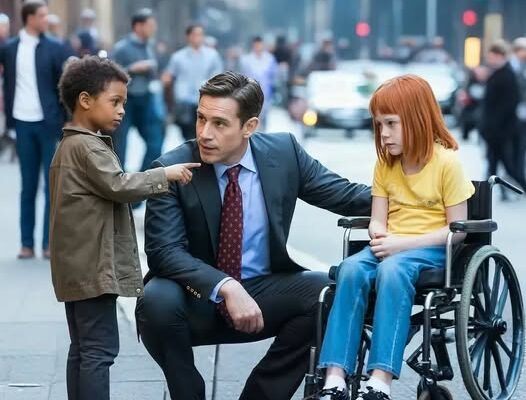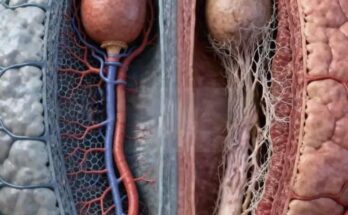Most people noticed Zeke because of the coat—faded denim, sleeves too long, stitched at the elbow like someone had loved it back to life. He wore it even on warm days. Said it made him feel close to his mom, who used to call it his helper’s coat.
Zeke wasn’t a doctor. Barely a kid. But every Sunday at noon, he laid out a towel in Harrington Park and waited. One by one, families started to come. First it was Isla, a six-year-old with a wheelchair and a spark in her eyes. Her dad, Jonathan, didn’t believe in false hope—but Zeke wasn’t selling any. Just patience. And the gentle reminder that sometimes the body remembers what the heart refuses to forget.

Isla wiggled a toe by the second week. Lifted her foot by the fourth. By the ninth Sunday, she stood. Wobbly, wide-eyed, triumphant. The park went silent. Then erupted. Zeke just sat on the bench and smiled. He didn’t want applause. He wanted kids to feel seen. Whole. Possible.
Word spread. More children came—some with walkers, some with casts, all carrying something heavy. Zeke greeted each like they mattered. Taught them how to stretch. How to wait. How to believe, even if only for one more try. Parents watched, softened, healed in quiet ways.
Jonathan, once all walls and warnings, became Zeke’s advocate. Then his home. He offered the guest room. The couch. A place at the table. And in return, Zeke offered the one thing he had: his presence. Consistent. Undemanding. Wholehearted.



